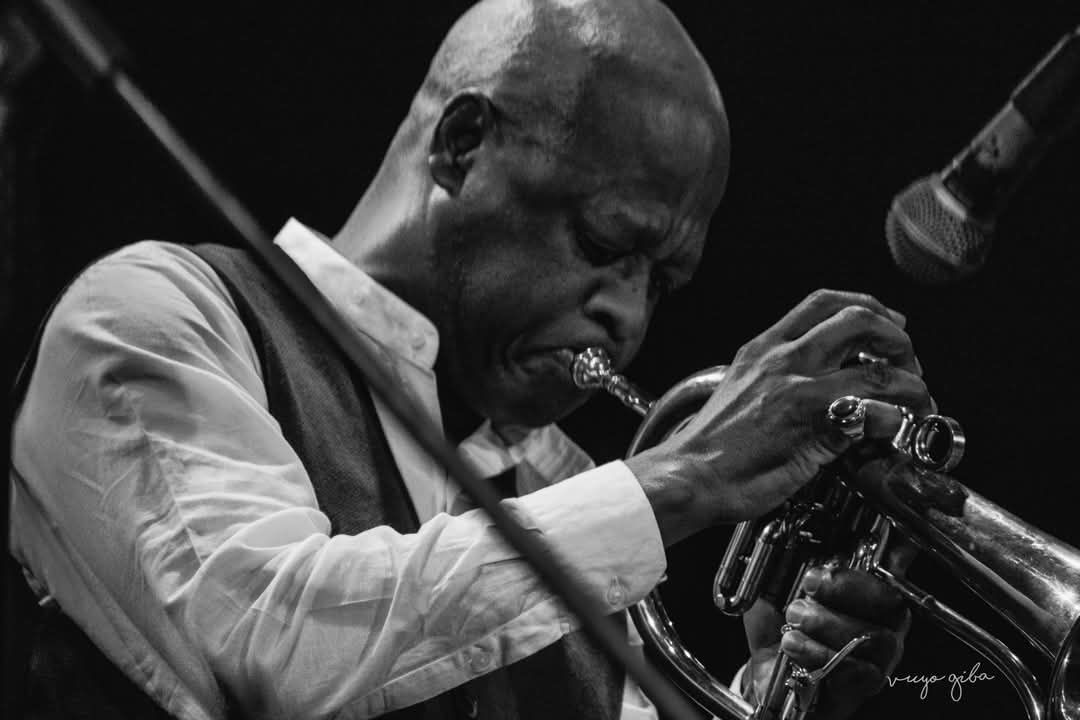Culture Craze
Remembering Feya Faku: South Africa Mourns the Gentle Giant of Jazz

The global stage has lost a trumpet, and South Africa has lost a voice.
The South African jazz community is in mourning following the passing of legendary trumpeter and flugelhorn maestro Feya Faku. The 63-year-old music icon died while on tour in Switzerland, far from home but carrying the sound of his country in every breath of his horn.
Born Fezile Faku in New Brighton, Gqeberha (formerly Port Elizabeth), he rose to become one of Africa’s most revered jazz musicians. More than a performer, Faku was a force of nature. Known as the “gentle giant” of South African jazz, he blended technical brilliance with soul-stirring sensitivity, becoming a cornerstone of African jazz for over four decades.
A Final Tour Abroad
Faku was performing in Switzerland when tragedy struck. The Department of Sport, Arts and Culture confirmed his death on Monday, 24 June 2025, expressing deep sorrow and acknowledging the profound loss to the global music community.
Details surrounding the cause of death have not been publicly shared, but the jazz fraternity across borders has united in tribute.
A Legacy Rooted in Resistance and Rhythm
Feya Faku’s story was never just about music – it was about what music meant. Beginning his career during apartheid, he used jazz not only as artistic expression but also as a spiritual and political language. His trumpet told stories of struggle, heritage, and healing.
Trained at the University of Natal’s School of Music and later a mentor to the next generation of jazz talent, Faku was a bridge between eras – always innovating, never forgetting.
He played alongside greats such as Bheki Mseleku, Abdullah Ibrahim, and the late Winston Mankunku Ngozi. His discography spans local and international collaborations, marked by authenticity and emotional depth. Albums like Homage, Life and Death, and Le Ngoma are essential listening for jazz purists and newcomers alike.
Tributes Flood In
As news of Faku’s passing spread, social media was flooded with messages of disbelief and heartbreak. Fellow musicians hailed him as “a titan of tone” and “one of the most generous mentors” in South African music.
Jazz pianist Andile Yenana reflected, “Feya was a master listener. He knew when to speak through his horn and when to let silence hold space. That was his genius.”
The Market Theatre Foundation, one of South Africa’s most iconic cultural institutions, described him as “a cornerstone of South African jazz whose music helped shape the identity of a people.”

Image 1: Facebook/Feya Faku
Not Just a Jazz Man
Though internationally celebrated, Faku remained deeply connected to his roots in the Eastern Cape. He frequently returned to perform at local festivals, community halls, and music workshops. Those who met him offstage remember a man of humility, warmth, and quiet wisdom.
In a country that often forgets its heroes too soon, Feya Faku’s life reminds us that jazz isn’t background music – it’s blood memory.
A Farewell in Melody
As South Africa reflects on Faku’s passing, many hope his work will be rediscovered by younger generations. In a world where much of music is noise, his trumpet was clarity. In a time of chaos, it was calm.
There is no replacing Feya Faku. But thankfully, his music remains.
“When you play from your heart,” he once said, “people will hear more than sound. They will hear the truth.”
Rest in power, gentle giant.
Also read: Ngũgĩ wa Thiong’o Dies at 87: The Literary Warrior Who Reshaped African Storytelling
Follow Joburg ETC on Facebook, Twitter , TikTok and Instagram
For more News in Johannesburg, visit joburgetc.com
Source: News24
Featured Image: Facebook/Feya Faku



















